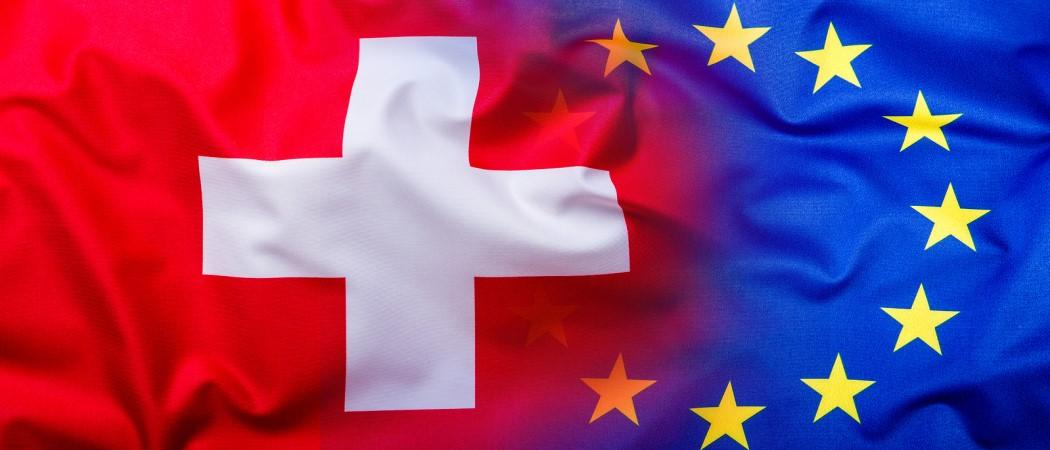EU spokesman says EU has been ‘waiting over a year’ for Switzerland to back accord.

Story updated on 14/01/2021
Switzerland and the EU remain in stalemate over a long-awaited partnership treaty, with the delay causing relations to sour.
“One party has been waiting around a year for additional information and that’s the European Commission. We’re fully prepared to examine all the details once the information has been provided to us,” European Commission spokesman Eric Mamer said on Tuesday, after it was put to him that EU officials were dragging their heels on closing the new deal.
Leaders on both sides are trying to form a new “institutional framework agreement”, under discussion for years, but negotiations have yet to reach a conclusion. The drawn-out process exploded into a political row in 2019 that led to the Swiss Stock Exchange losing EU recognition.
As far as the EU is concerned, talks are finished, and all that is left for officials to do is “clarify” outstanding issues. What’s unclear is whether changes to the framework agreement can still be made, and if so, what these could be.
Last year, the main obstacle to a deal seemed to be removed when Switzerland held a referendum in which citizens voted against limiting freedom of movement between the country and the EU. Researchers had feared the referendum could wreck the country’s hopes of joining the forthcoming research and innovation programme, Horizon Europe, as an associate member.
Now, with a positive result in the referendum, researchers are calling for talks between Bern and Brussels to finally start up again, and for Switzerland to arrange full access to Horizon Europe, which is due to start in the coming months.
"It is clear there is no legal link between this wider, institutional agreement and research; the former is dealing with market access, which isn't research. But politically, as long as there are differences of opinion between both sides, research is an area where the EU can put pressure on us," said Petra Studer, coordinator of Netzwerk Future, a body representing higher education, research and innovation organisations at the Swiss Parliament.
Brussels has made little secret of its desire to simplify its bilateral treaties with Switzerland. The European Parliament has described the current package of agreements with the country as "complex, sometimes incoherent and not easy to sustain".
But the new treaty also includes demands that the Swiss soften rules on wages, the highest in Europe, from cross-border competition by EU workers. Critics include Swiss workers who fear an erosion of these wage protections.





 A unique international forum for public research organisations and companies to connect their external engagement with strategic interests around their R&D system.
A unique international forum for public research organisations and companies to connect their external engagement with strategic interests around their R&D system.